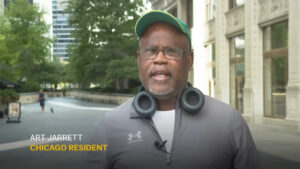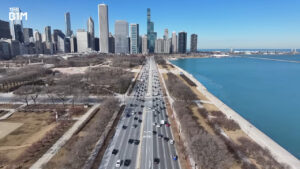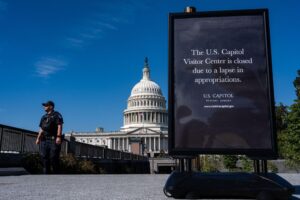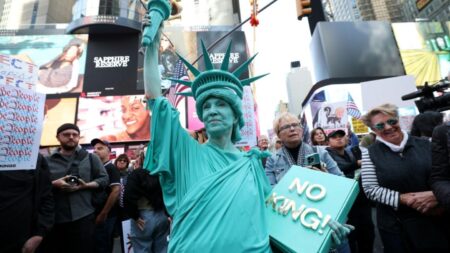Chicago Residents Push Back Against Federal Troop Deployment Threats Amid Crime Concerns
Community Voices Challenge Negative Portrayals of Chicago
President Donald TrumpŌĆÖs recent declaration to deploy National Guard forces to Chicago ignited a wave of backlash from locals who reject the presidentŌĆÖs stark depiction of their city as a ŌĆ£killing field.ŌĆØ This rhetoric has intensified debates surrounding public safety in AmericaŌĆÖs third-largest metropolis, where residents emphasize a more nuanced reality.
Longtime Locals Affirm ChicagoŌĆÖs Safety and Resilience
Having called Chicago home for nearly six decades, many residents express confidence in the cityŌĆÖs safety. One longtime inhabitant shared, ŌĆ£After 57 years here, I feel secure. Chicago is a community where I can live comfortably. IŌĆÖve traveled extensively and visited places with far worse drug problems than Chicago.ŌĆØ This perspective highlights the cityŌĆÖs strengths often overshadowed by sensational headlines.
Crime Trends Show Significant Improvement
Contrary to some perceptions, recent data reveals encouraging progress in ChicagoŌĆÖs fight against violent crime. Over the past year, the United States experienced a 20% reduction in homicides, while Chicago outpaced this trend with a 30% decrease. These statistics underscore the cityŌĆÖs effective strategies and community efforts to enhance public safety.
Questioning the Necessity of Federal Military Intervention
Many Chicagoans question the need for federal troops on their streets, suggesting that such measures are disproportionate to the current situation. ŌĆ£If the circumstances truly warranted military involvement, the cityŌĆÖs condition would be far more dire,ŌĆØ remarked a local resident. The sentiment reflects a preference for community-based solutions over militarized responses.
Federal Presence Should Be Supportive, Not Intimidating
Citizens emphasize that federal authorities, elected to serve the public, should act as allies rather than sources of fear. ŌĆ£We shouldnŌĆÖt feel threatened by our governmentŌĆÖs presence; they are here to assist us,ŌĆØ one community member stated. Skepticism remains about the motives behind the proposed deployment, especially given President TrumpŌĆÖs own investments in the city, such as Trump Tower.
Concerns Over Unequal Deployment and Social Divides
Critics argue that if troops are stationed in Chicago, they will likely be positioned in affluent neighborhoods, leaving vulnerable communities without adequate protection. This perceived selective approach fuels distrust and highlights ongoing social inequalities within the city.
Looking Ahead: ChicagoŌĆÖs Path Forward
As Chicago continues to make strides in reducing violent crime, residents advocate for policies that prioritize community engagement, economic development, and targeted law enforcement rather than militarized interventions. With homicide rates declining and neighborhoods showing resilience, many believe that collaborative efforts will better serve the cityŌĆÖs future safety and prosperity.





